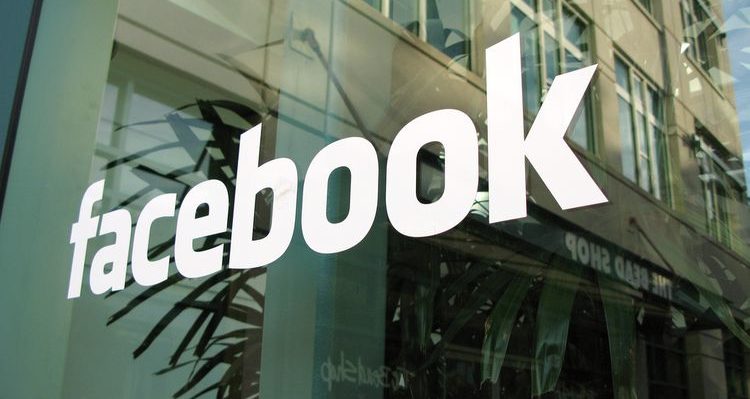
Photo Credit: Google Images
Facebook not only has a fake news problem – it also has a fake ads problem. Some unscrupulous advertisers are using the names, photos and profile information of Facebook users as endorsements for ads they are running on the Facebook platform. And in the most egregious examples of this practice, they are using the names and photos of celebrities or other high-profile individuals as a way to get a celebrity endorser for their product for free. That’s not just unethical, it’s also illegal. For good reason, celebrities are starting to fight back.
The case of the celebrity Bitcoin endorser
Take, for example, what’s happening over in Europe right now. Billionaire businessman Wissam Al Mana, a UK-based Qatari national, has launched legal action against Facebook. (If that name doesn’t instantly ring a bell with you, you might know him better as Janet Jackson’s former husband, and someone who famously paid out $100 million to her after they broke up in 2017.) He is claiming defamation of character and malicious falsehood as the result of Facebook advertisers using his name and likeness to promote products and services.
What Al Mana claims is that unscrupulous advertisers have been using his name and image since May 2019 to help promote a cryptocurrency trading program called Bitcoin Trader. Using the Facebook Ads Tool, advertisers have been purposefully and knowingly misleading Facebook users into thinking that Bitcoin Trader has the stamp of approval from the Qatari billionaire business magnate. The logic here is clear – people will be much more likely to download or purchase a Bitcoin trading program if they think someone like Wissam Al Mana is using it to become insanely rich.
In court proceedings that have now gone public, Wissam Al Mana is requesting that Facebook rectify matters by providing details about all persons who placed the ads, including basic contact information, any known IP addresses and payment methods used to pay for the ads. Presumably, Wissam Al Mana will then let loose a pack of lawyers (or worse!) to go after these individuals in order to see justice done.
The right move for Facebook
For now, it looks like Facebook will comply with these requests. This is an interesting move, and also the right move for Facebook. Hopefully, this will grow into a longer-term trend to help protect individuals who use the Facebook platform, as well as make Facebook a safer, more credible place. Imagine what would happen if you open up your Facebook app and your newsfeed is filled with fake news stories and fake ads. You’d soon start to question the whole credibility of Facebook. Thus, giving up the contact details of advertisers – while it might be anathema to privacy supporters – is a small price to pay to help protect the credibility of individuals.
After first clamping down on fake news, Facebook now appears to be clamping down on fake ads. And the best place to start is by going after entire classes of ads – such as scam cryptocurrency ads – that have the greatest likelihood of being manipulated in order to attract unsuspecting users and dupe them out of their hard-earned money. Let’s hope that Facebook continues to take steps to clean up its platform.